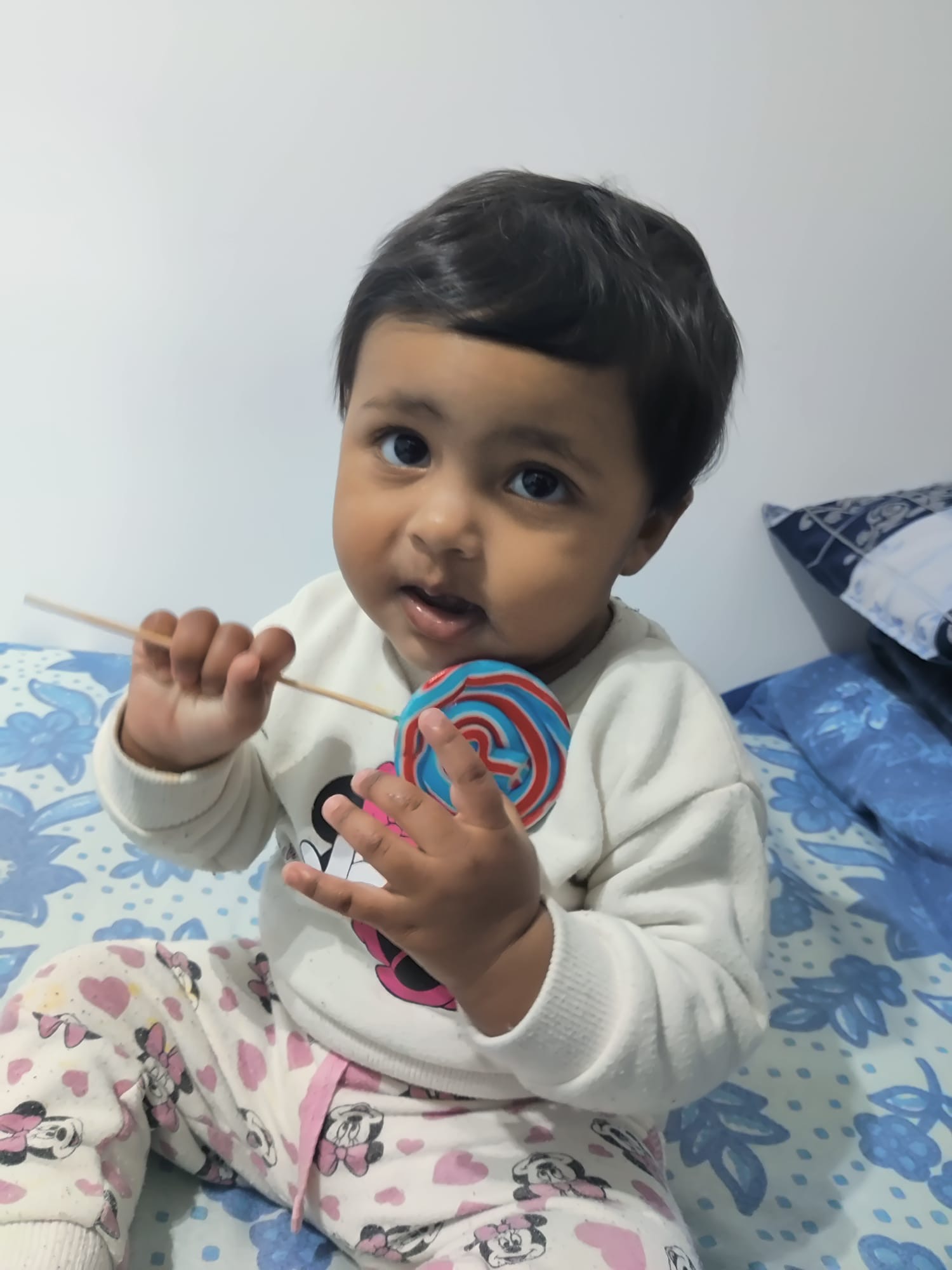Introduction

Effective communication strengthens any relationship—and when it comes to parenting, it becomes even more important. When you speak to your child in the right way, listen to them, and try to understand their perspective, they feel emotionally connected to you.
In today’s fast-paced life, a strong parent-child relationship isn’t built on love alone, but also on thoughtful and meaningful communication. Whether you’re parenting a toddler or handling a teenager, it’s essential to communicate effectively at every stage.
In this blog post, we’ll talk about the most effective communication tips for building strong parent-child relationships, so you can create a deeper and more trustful bond with your child.
Why Communication Is Important in Parenting
Let’s first understand why communication plays such a vital role:
- 🛡️ Builds Trust – When a child feels that you genuinely listen to them, they begin to trust and connect with you.
- 🌱 Develops Emotional Intelligence – Children learn how to understand and express their emotions through communication.
- 🚫 Reduces Behavioral Issues – Kids who communicate openly tend to be more cooperative and less aggressive.
- 💪 Boosts Self-Esteem – A child feels valued when their thoughts and feelings are taken seriously.
📌 According to the CDC, positive communication has a direct impact on a child’s development and behavior.
(Source: CDC Communication Tips)
1. Practice Active Listening
It’s not just about hearing—it’s about truly understanding. When you’re talking to your child, give them your full attention.

How to do it:
- Maintain eye contact while speaking.
- Put away mobile phones and turn off the TV.
- Use affirming words like “Hmm,” “Okay,” and smile to encourage them.
🌟 When children feel they are truly being heard, their confidence grows.
🔗 Related Blog: https://theparentzy.com/top-7-mistakes-new-parents-make-and-how-to-avoid-them/
2. Communicate According to Their Age
Children of different age groups understand things differently. Your tone and choice of words should match their level of understanding.
Tips:
- 🍼 Toddlers (1–3 years) – Use simple and repetitive words.
- 👧 4–12 years – Be clear and ask them engaging questions.
- 👦 Teenagers – Encourage open discussions and maintain mutual respect.
📌 According to Zero to Three, using age-appropriate language helps children better understand what you’re saying.
(Source: Zero to Three – Parent Tips)
3. Ask Open-Ended Questions
When you ask basic “Yes” or “No” questions, kids tend to end the conversation quickly. Open-ended questions spark real conversations.
Examples:
- “What was the best part of school today?”
- “What did you enjoy the most?”
- “How did that make you feel?”
This encourages children to express themselves more and strengthens the communication bond.
4. Understand Their Emotions
Never ignore your child’s feelings. Instead of saying things like, “Stop crying,” or “Why are you so angry?” try saying:
“I understand why you’re upset.”
🌈 When you validate your child’s emotions, they feel emotionally secure and more likely to open up.
📚 Read More: The Science Behind Raising Emotionally Intelligent Children
5. Spend One-on-One Time Daily
Even a few minutes of undivided attention every day makes a difference. Just 10–15 minutes can be impactful.
Ideas:
- Play a game together.
- Read a bedtime story.
- Go for a walk and talk.
This habit builds long-term emotional bonding.
6. Model the Behavior You Want to See
Children copy their parents. If you often shout, your child may learn to do the same.
Be a role model:
- Use polite words like “Please” and “Thank you.”
- Admit your mistakes and say sorry.
- Stay calm, even in stressful situations.
7. Respect Their Opinions
When a child shares their thoughts or opinions, don’t take it lightly. Listen and try to understand their point of view.
Example:
Say, “Your point makes sense,” or “That’s an interesting perspective.”
Such responses build mutual respect and boost your child’s self-confidence.
8. Use “I” Statements Instead of “You” Statements
Blaming can shut down communication. Instead of saying, “You never listen to me,” try saying:
“I feel hurt when I’m not being heard.”
This approach is more peaceful and leads to better understanding.
9. Stay Calm During Conflicts
In tense situations, your reaction matters the most. Try to control your anger and take a break if needed.
Tips to stay calm:
- Count to 10 before responding.
- Drink some water.
- Take deep breaths.
📌 According to Harvard Health, when parents regulate their emotions, children tend to do the same.
(Source: Harvard Health Parenting Tips)
10. Create a Safe Space for Conversation
Children open up when they feel they won’t be judged or scolded.
How to create a safe space:
- Don’t overreact.
- Reassure them that their words are safe with you.
- Support them even when they make mistakes.
11. Use Non-Verbal Signals
Sometimes a smile or a gentle touch says more than words. Body language also makes a child feel cared for and understood.
Examples:
- Kneel down to their level when talking.
- Place your hand gently on their shoulder.
- Smile or maintain warm eye contact.
12. Make It a Two-Way Conversation
Don’t just lecture—encourage dialogue.
Tips:
- Ask your child questions.
- Pause and let them speak.
- Occasionally let them lead the conversation.
This helps children feel that their opinions matter too.

Conclusion
Communication is a magic key in parenting. When you speak to your child with respect, listen with empathy, and acknowledge their emotions, you create a strong foundation of trust, confidence, and emotional bonding.
By applying these effective communication tips, you can build a relationship with your child that’s full of love, understanding, and respect.
Internal Links (On Your Blog)
- How to Handle Toddler Tantrums (Step-by-Step Guide)
- 10 Parenting Tips Every New Mom and Dad Must Know
- The Science Behind Raising Emotionally Intelligent Children
External Links (For SEO and Credibility)
FAQs
Q. How can I improve communication with my child?
A. Active listening is the most important skill. Make sure your child feels genuinely heard.
Q. What should I do if my child doesn’t want to talk?
A. Don’t pressure them. Spend more time together and build trust gradually—your child will open up.
Q. Talking to my teenager is tough—any tips?
A. Avoid judging them, value their opinions, and stay calm even when you disagree.
If you found this article helpful, share it with other parents.
For more parenting advice, visit: TheParenzy.com





Pingback: How to Balance Work and Parenting Without Burnout - Theparentzy.com
Pingback: Single Parenting Tips: How to Thrive and Raise Resilient Kids - Theparentzy.com
Yes https://topolakd.net
Skvělý článek, opravdu se mi líbí, jak jste
shrnuli poslední zápasy a ukázali klíčové momenty.
Jako pravidelný sledující evropských lig jsem ocenil přehled tabulek a zranění hráčů.
Takové články mi pomáhají lépe se připravit na další zápasy.
Super práce, líbí se mi, že kromě výsledků píšete
i o zákulisí a přinášíte příběhy hráčů.
Líbí se mi, jak rozebíráte taktiku týmů a
filozofie trenérů.
Tohle je přesně typ obsahu, který mi na jiných stránkách často chybí.
Zajímavý pohled na aktuální dění ve fotbale, oceňuji i přehled připravovaných turnajů.
Praktické rady k sázení na fotbal jsou skvělým doplněním
běžných novinek a výsledků.
Je vidět, že na přípravě obsahu pracuje tým s opravdovým nadšením pro fotbal. https://cz.futbik.org/
Interesting content, I like the way you put things together
and explain the details.
If anyone is searching for trustworthy resources about online casinos, is definitely worth
checking out.
From my own experience is that forums with real players usually share the most transparent opinions.
Before joining any casino, I always read multiple reviews and compare
the offers.
Responsible players always look for background info first.
Thanks again for putting this together, this was really helpful and I’ll share it with a friend. https://theswitcheffect.net/2018/01/industry-interviews-bill-swartz-president-ceo-mastiff/
Contenu intéressant, vous expliquez les détails des paris
en ligne et des casinos de façon claire.
Si quelqu’un recherche des plateformes fiables pour jouer,
1xbet mobile sénégal télécharger est certainement l’un des
choix les plus populaires.
Ce que j’ai remarqué en jouant en ligne, 1xbet offre un accès rapide aux
machines à sous, aux paris sportifs et aux croupiers en direct.
Faire quelques recherches sur télécharger 1xbet apk ou 1xbet
ios aide à éviter les sites douteux.
J’aime quand les auteurs montrent où télécharger 1xbet pour android et
comment commencer à parier.
Les casinos en ligne peuvent être amusants et rentables si vous jouez intelligemment.
Merci encore pour ce partage, continuez à publier des guides sur les applis de jeux, c’est vraiment utile. https://friv200.com/